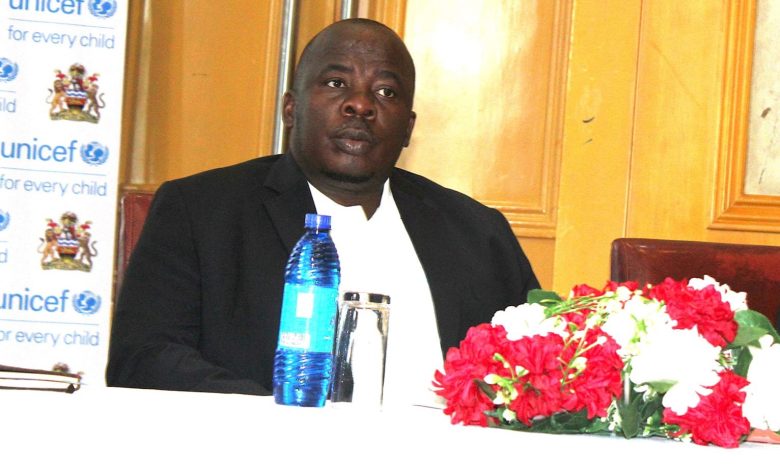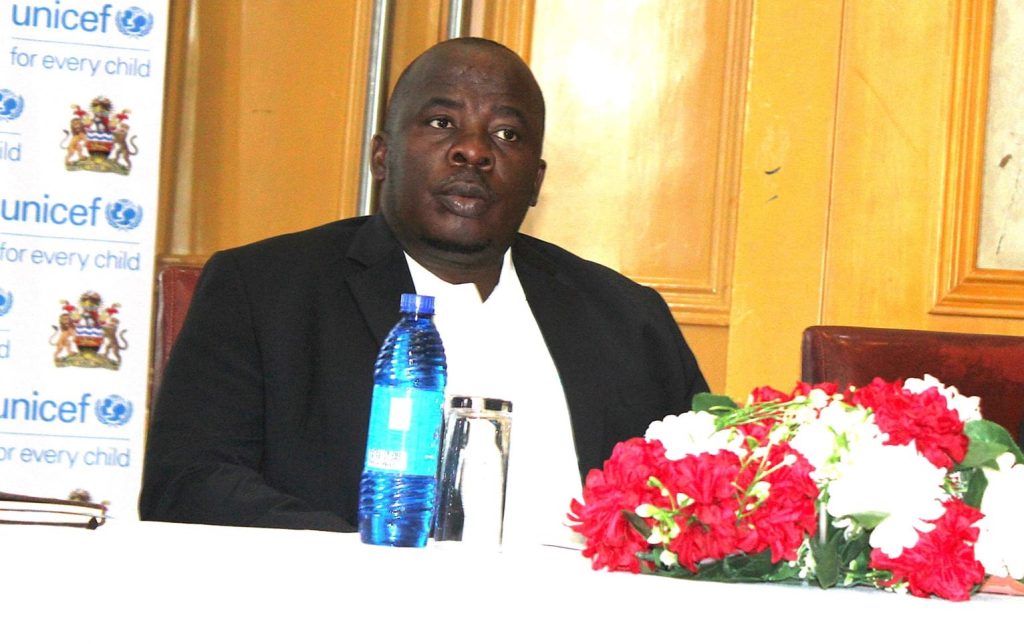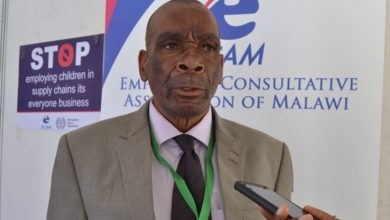Minister lauds improved council performances

Minister of Local Government, Unity and Culture Richard Chimwendo Banda says improved performance of local councils raises hopes that the National Decentralisation Policy second edition will be implemented smoothly.
The minister, speaking in Lilongwe on Wednesday during the launch of the policy, observed that 24 out of the 28 districts councils have clean audits while all councils have qualified for K15 billion annual World Bank funded performance-based Governance to Enable Service Delivery (Gesd) grants.

Said Chimwendo Banda: “This is a good sign that things are now on track in the councils. With such a record, I am sure that we will not have challenges implementing the second edition of decentralisation.”
His remarks were echoed by Malawi Local Government Association executive director Hadrod Mkandawire who said the improved performance by councils is a positive direction towards the achievement of the Malawi 2063, the country’s long-term development strategy.
“Going by the number of councils with clean audits shows great improvement because in the past, financial mismanagement was a major challenge. Now with the strategies outlined in the second edition, we expect good progress,” he said.
Malawi launched its first Decentralisation Policy in 1998 which emphasised on political and administrative decentralisation under the banner of power to the people and through this, the government put in place a system of local representative democracy and devolved district administration.
World Bank senior public specialist Michael Roscott urged Malawi to ensure that councils are allocated adequate resources for the decentralisation policy to be effective.
“It does not make sense to devolve other functions to councils which are underfunded and expect them to positively implement the policy,” he said.
Unicef country representative Shadrack Omol said if implemented well, decentralisation has many benefits especially on the lives of women, children and adolescents.
“The secret is to allocate enough resources to match the devolved functions and ensure that councils have an adequate skilled labour force who can translate the policy into good results,” he said.
Malawi has 35 councils comprising 28 districts, four cities and three municipalities, namely Kasungu, Mangochi and Luchenza in Thyolo.




